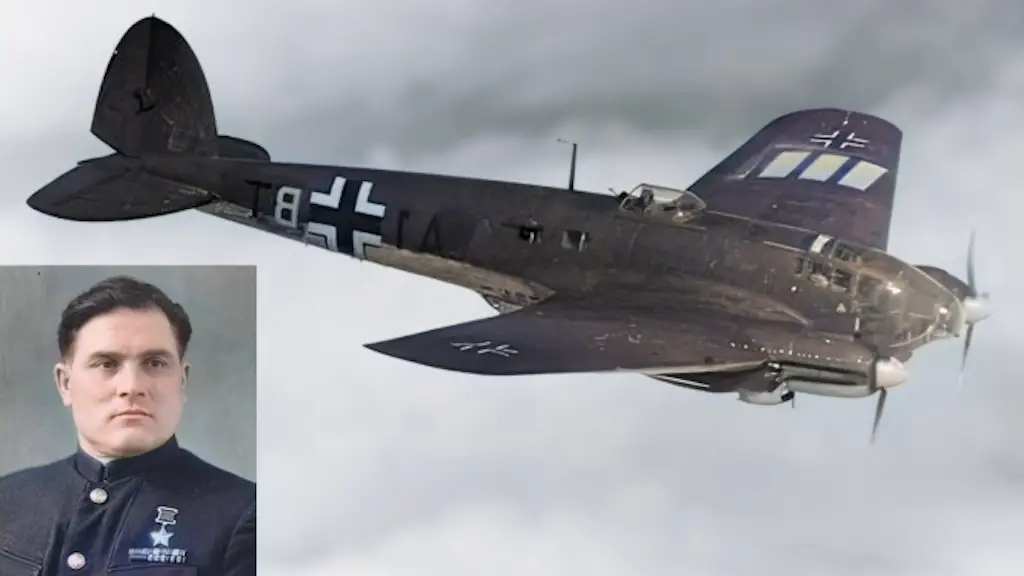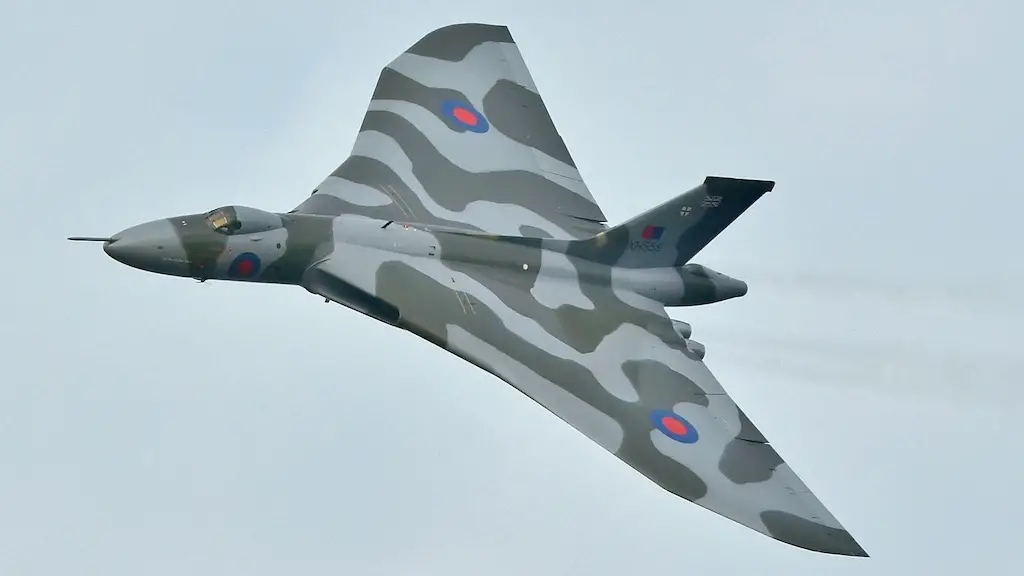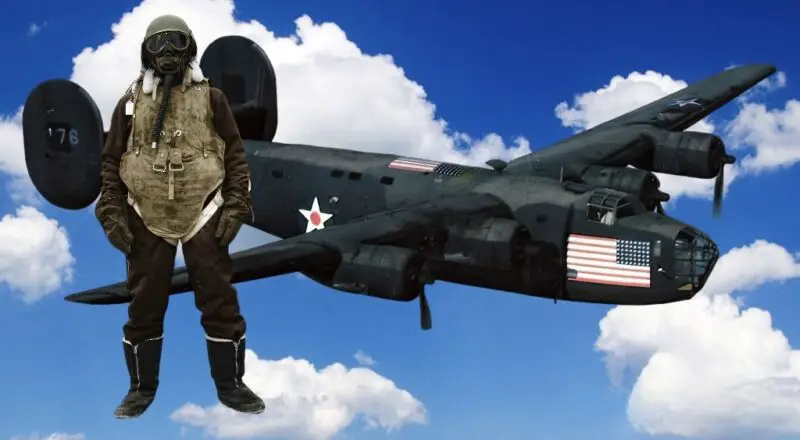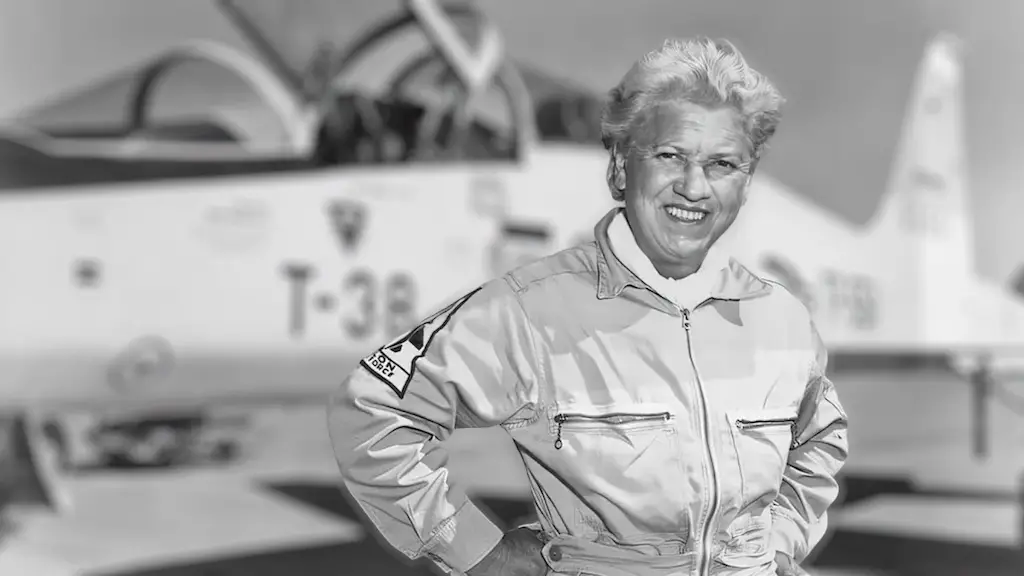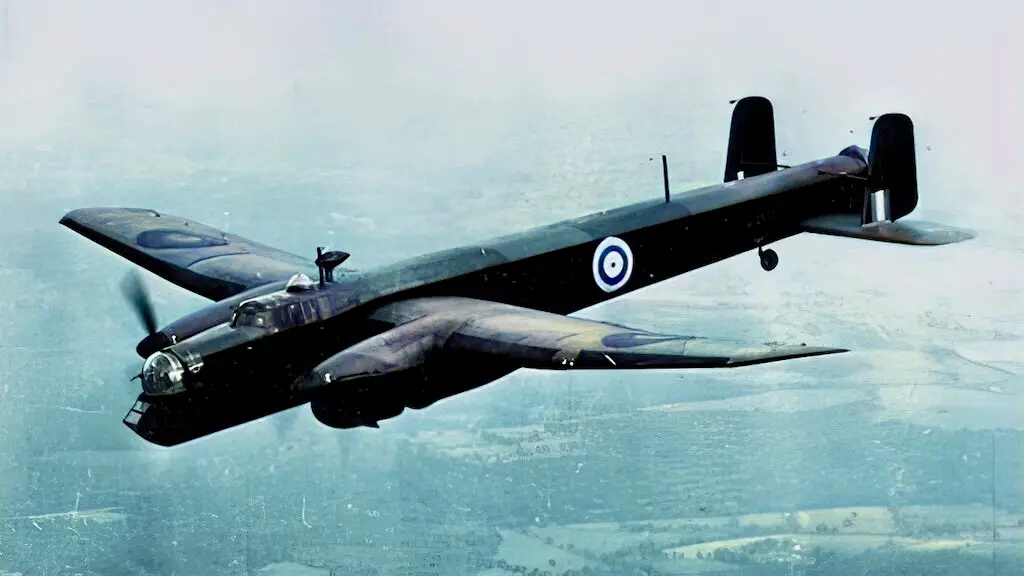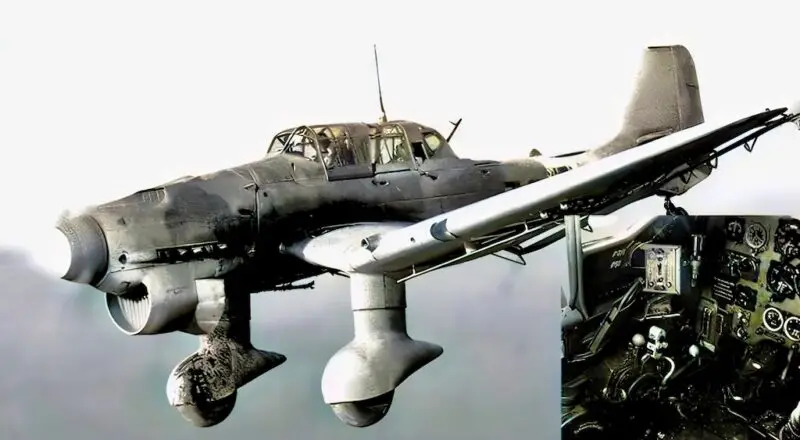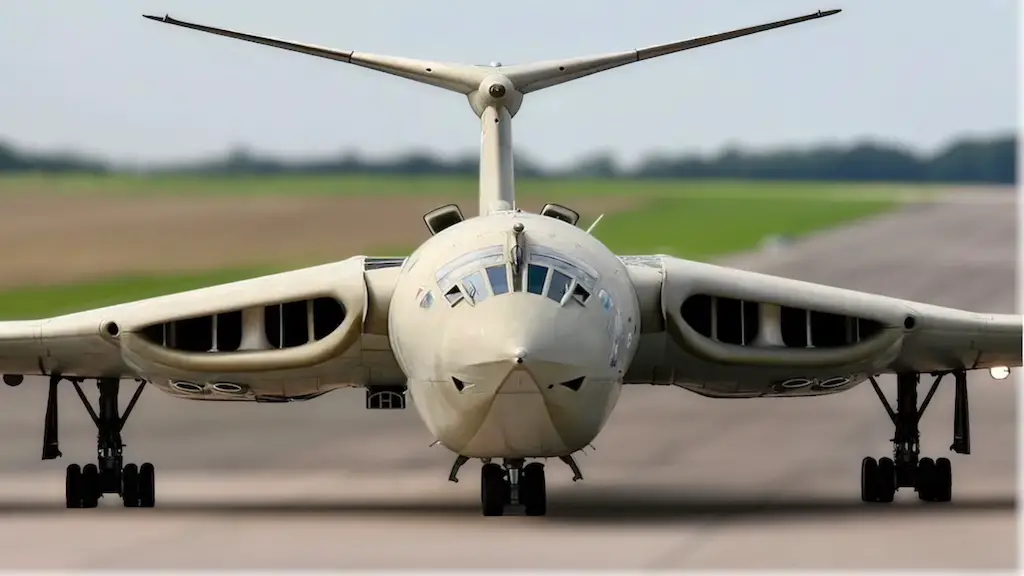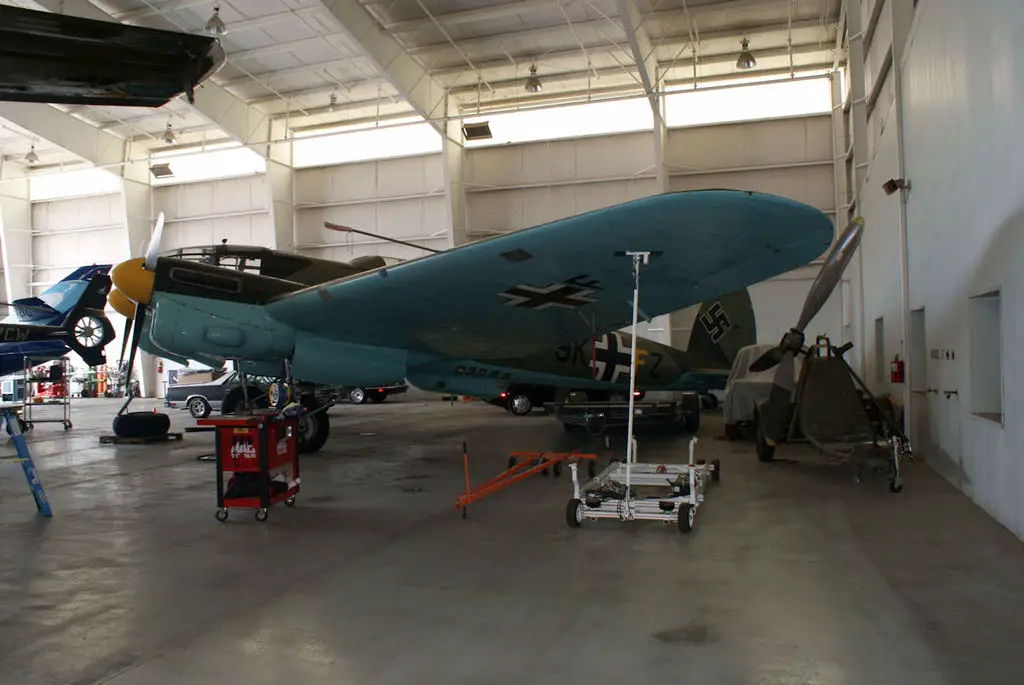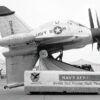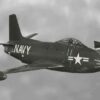A Daring Escape
Mikhail Petrovich Devyatayev, a decorated Soviet pilot, faced an unimaginable ordeal during World War II. After being shot down and captured by the Germans, Devyatayev found himself imprisoned in the Stalag Luft III concentration camp in central Poland. His life in captivity was brutal, marked by harsh conditions and relentless labor. But Devyatayev was not a man to surrender to fate.
His first escape attempt, merely a month after his capture, landed him in Sachsenhausen, another camp with even more grueling conditions. Here, prisoners were forced to clear unexploded bombs and repair runways. Despite the danger and exhaustion, Devyatayev made a critical observation – the camp commander’s personal He-111 bomber was parked on the runway.
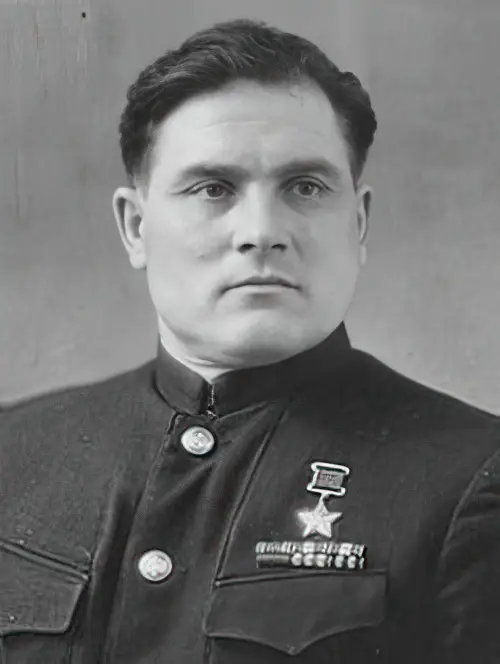
A Plan Takes Flight
The bomber sparked an audacious idea in Devyatayev’s mind. He meticulously identified trustworthy fellow prisoners and began plotting an escape unlike any other. Their plan was bold and risky, but it was their only hope for freedom.
On February 8th, 1945, the plan was set into motion. The group, assigned to runway work, seized a moment of opportunity. One prisoner killed the German guard with a crowbar, while another disguised himself in the guard’s uniform. This ruse allowed the group to access the He-111 bomber undetected.
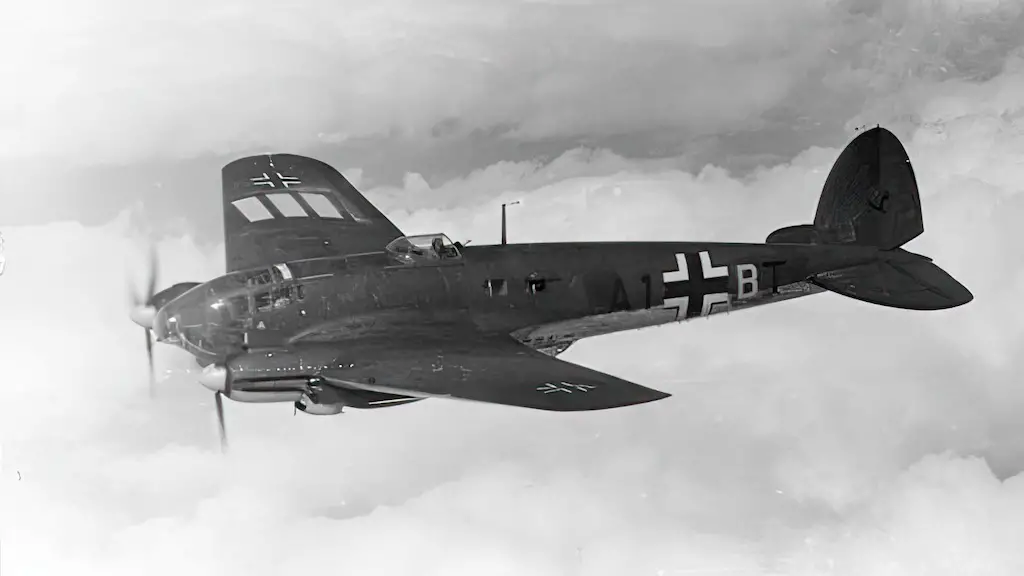
The Great Airborne Escape
Devyatayev, an experienced pilot, took the controls. Amidst confusion and gunfire from the camp guards, the bomber roared to life and took off. Flying low to avoid detection, Devyatayev navigated the aircraft towards Soviet lines. Despite being fired upon by their own air defenses, mistaking them for a German plane, the group miraculously survived.
Their landing at a Soviet airfield was met with confusion, but they had successfully escaped enemy territory. It was a moment of triumph, yet the initial joy was short-lived.
A Hero’s Struggle for Recognition
Upon landing, instead of being hailed as heroes, Devyatayev and his crew faced skepticism and distrust. The Soviet authorities, led by the NKVD, refused to believe their incredible story. They were suspected of collaborating with the Germans and faced harsh consequences. Several members of the escape team were killed in action after being assigned to penal military units, while others, including Devyatayev, were imprisoned.
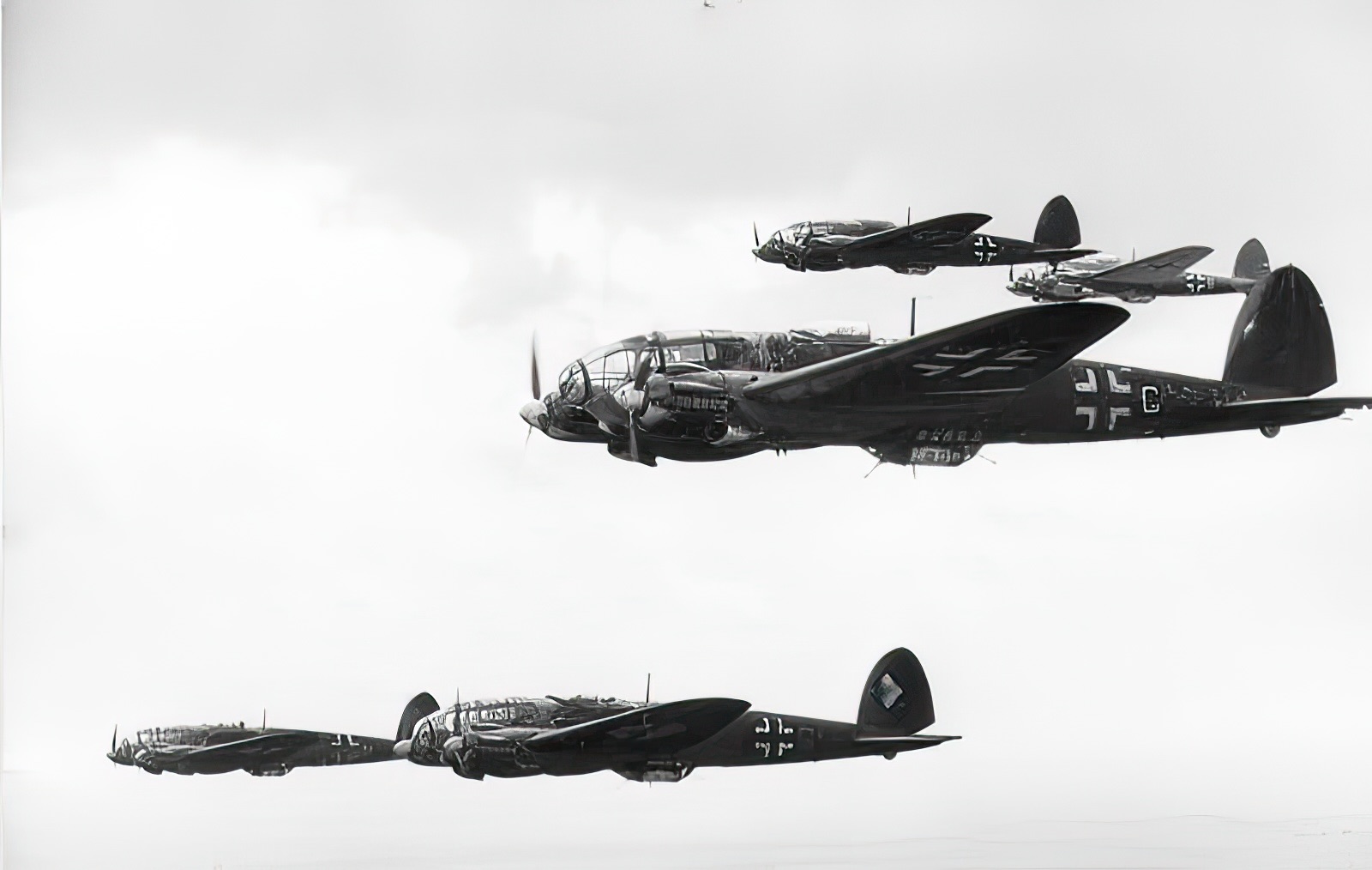
Redemption and Recognition
It wasn’t until 1957 that Devyatayev’s tale of bravery and ingenuity was finally acknowledged. The Soviet space program’s head personally vouched for him, highlighting the importance of the information they brought back on German missile technology. Devyatayev was eventually named a Hero of the Soviet Union, his criminal record expunged.
Devyatayev passed away in 2002, leaving behind a legacy of courage and resilience. His story, once mired in disbelief and injustice, emerged as a powerful narrative of triumph against the odds. It inspired books, a movie, and continues to captivate audiences, a vivid reminder of the extraordinary feats of individuals during the darkest times of history.


